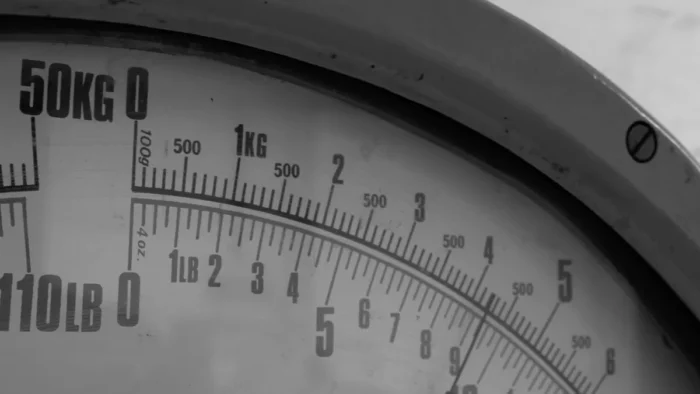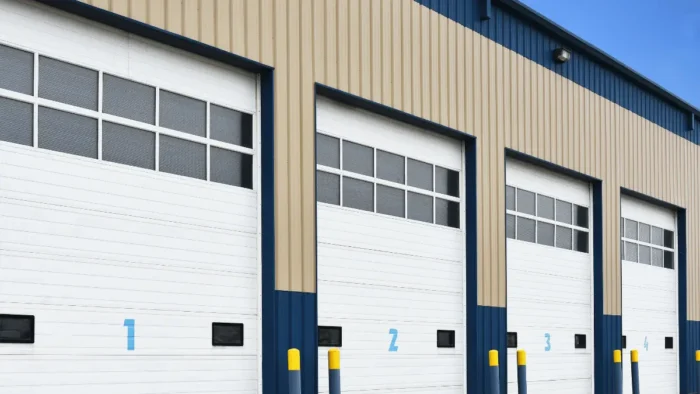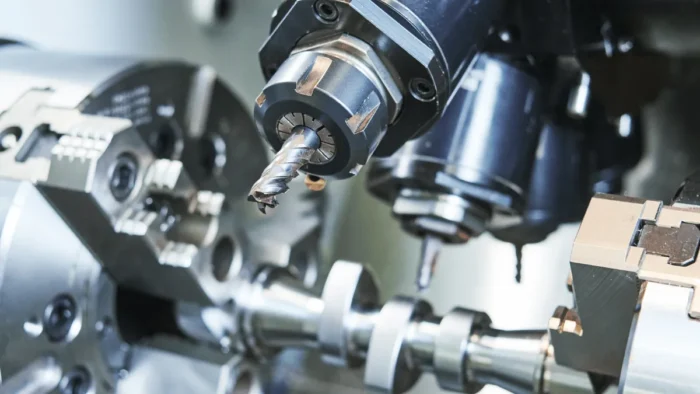Selecting the correct industrial weighing scale for your business is a critical decision that impacts operational efficiency and financial accuracy if your operations require such equipment. With so many options on the market, understanding the nuances between different types of scales and their intended applications can make all the difference.
In this ultimate guide, we’ll explore the key factors you must consider, from load capacity to calibration, and how to choose a scale that aligns with your specific industry requirements.
Whether you’re involved in manufacturing, shipping, or any sector that demands precise weight measurements, this guide will navigate you through the process to ensure you invest in a solution that contributes to your business’s rational and successful operations.
Capacity and Accuracy
When scouting for the perfect industrial weighing scale, capacity and accuracy are two of the most critical specifications to examine.
The capacity of a scale refers to the maximum weight it can measure. At the same time, accuracy represents the smallest weight increment the scale can reliably distinguish. The team behind the Central Carolina Scale says that it’s essential to select a scale with a capacity that exceeds your heaviest anticipated load to avoid overloading but is close enough to ensure that you are not sacrificing accuracy for unnecessary capacity.
For example, a scale intended for weighing large shipping containers needs a high capacity with moderate precision. A laboratory scale for measuring chemicals would require a more refined level of accuracy.
So, the balance between these two aspects is vital to finding a scale that serves your business’s unique needs without compromise.
Material and Build Quality
The material and construction of an industrial weighing scale are vital in determining its longevity and usefulness for your workplace environment. Scales crafted from high-grade stainless steel offer unparalleled durability and are ideally suited for extreme conditions, including those exposed to chemicals or moisture.
Alternatively, scales made with carbon steel are typically more cost-effective but may require additional treatments for rust resistance.
Considering the build quality is just as important, robust scales designed with reinforced platforms and protective coatings can sustain heavy use and resist wear and tear.
It’s crucial to evaluate the nature of the materials you’ll be weighing and the environment in which the scale will operate to select a model that lasts and maintains its accuracy over time.
Environmental Considerations
In addition to material quality, environmental factors must be considered when selecting an industrial weighing scale for your business. Scales used in outdoor settings or areas with high levels of humidity or temperature fluctuations require design features that can resist these conditions.
Look for scales with weatherproof housing and temperature compensation capabilities to ensure consistent performance and accuracy in different environmental conditions. It is also wise to consider the ease of cleaning and maintenance, as scales in specific industries may be subject to spillages or contaminants that could affect functionality.
Selecting a scale designed for your particular environmental conditions is crucial to ensuring its longevity and reliable operation.

Legal Compliance
Regarding industrial weighing, compliance with legal standards and regulatory requirements is non-negotiable. In many regions, industrial scales must meet specific certifications and approval ratings that rule out their use in trade and ensure the protection of consumers. Familiarizing yourself with your jurisdiction’s weights and measures regulations is imperative.
Look for scales that carry NTEP (National Type Evaluation Program) certification in the United States or other equivalent approvals internationally, as these certifications confirm that the equipment has been rigorously tested and meets the established standards for commercial use. Moreover, auditable calibration records and conformance to quality systems such as ISO can provide additional assurance of legal and industry-standard compliance, strengthening consumer trust and safeguarding your business against legal and financial penalties.
Customization Options
Customization is another valuable factor to consider when investing in an industrial weighing scale. Many manufacturers offer custom-built solutions tailored to exact business needs and specialized applications. Whether it’s a specific platform size, a unique weight indicator, or integration capabilities with existing software systems, customizable options can significantly improve the functionality and efficiency of your scales.
Features such as wireless connectivity, barcode scanners, and printers can be incorporated to facilitate seamless data collection and transfer. It’s advisable to work closely with your scale provider to discuss the particular requirements of your operations and explore the modifications available that can optimize your weighing process. This level of personalization ensures that your weighing equipment meets current needs and adapts to future growth and changes within your industry.
Conclusion
In conclusion, selecting an industrial weighing scale must be approached with a comprehensive understanding of your business operations, compliance requirements, and desired functionality. By evaluating these key factors, you can make an informed decision that not only meets but exceeds your expectations and contributes to the success of your enterprise.
Don’t forget to consult industry experts and reputable manufacturers to find the perfect scale for your specific needs and budget. Your business can achieve greater efficiency, accuracy, and profitability with the correct industrial weighing scale.





